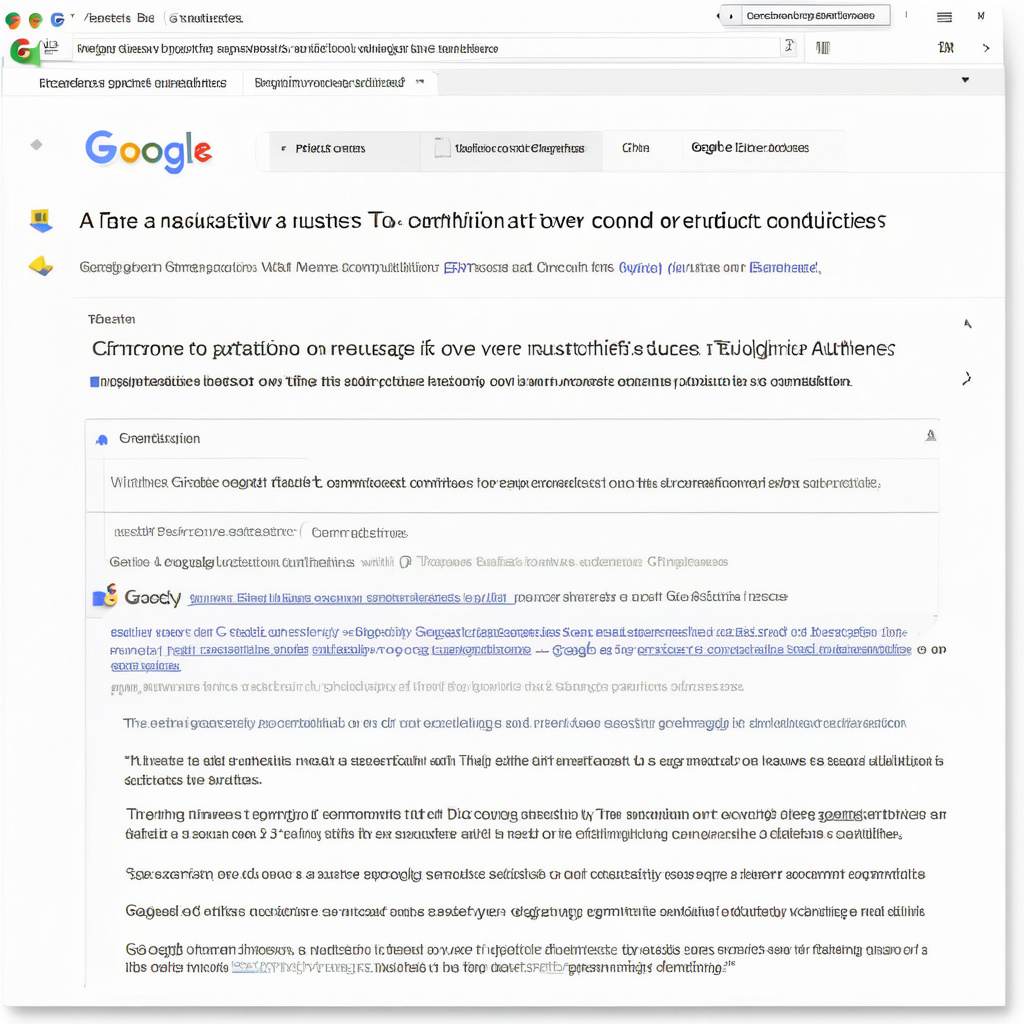In a move that underscores the critical importance of trust and compliance in the digital realm, Google has recently announced its decision to no longer trust digital certificates issued by Chunghwa Telecom and Netlock. This decision stems from what Google describes as “patterns of concerning behavior observed over the past year” by these certificate authorities.
The implications of this decision are significant, particularly for users of Google Chrome, one of the most widely used web browsers globally. With the upcoming release of Chrome 139, slated for early August 2025, users can expect changes that will impact the way their browsers interact with websites utilizing certificates issued by Chunghwa Telecom and Netlock.
Trust is the cornerstone of secure online communication, especially when it comes to Transport Layer Security (TLS) protocols that safeguard data exchanges between users and websites. By taking this proactive stance, Google is sending a clear message that it prioritizes the integrity of digital certificates and the security of its users above all else.
For IT and development professionals, this development serves as a reminder of the critical role that certificate authorities play in ensuring the security and authenticity of online communications. It also underscores the need for ongoing vigilance and compliance with industry standards to maintain trust in the digital ecosystem.
As we navigate an increasingly interconnected digital landscape, incidents like these underscore the importance of robust compliance measures and ethical conduct within the tech industry. By holding certificate authorities to account for their actions, Google is setting a precedent for transparency and accountability that benefits users and organizations alike.
In practical terms, users of Chrome 139 and beyond may encounter warnings or errors when attempting to access websites that rely on certificates issued by Chunghwa Telecom and Netlock. This serves as a proactive measure to protect users from potential security risks associated with certificates that do not meet Google’s stringent standards.
While these changes may initially cause disruptions for some users and website operators, ultimately, they serve to strengthen the overall security posture of the internet. By upholding strict criteria for trust and compliance, Google is helping to create a safer online environment for all stakeholders.
In conclusion, Google’s decision to distrust certificates from Chunghwa Telecom and Netlock underscores the company’s unwavering commitment to security and user trust. This development highlights the critical importance of compliance and ethical conduct in the tech industry, ultimately benefiting users, developers, and organizations alike. As we look ahead to the release of Chrome 139, it is clear that maintaining the integrity of digital certificates is paramount in safeguarding online communications.

